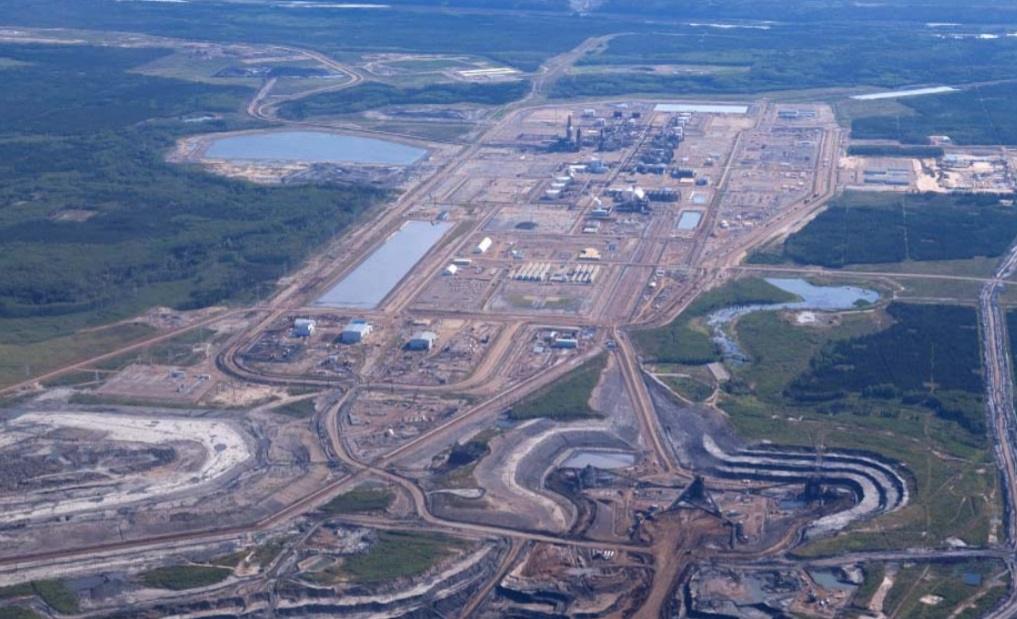Major Oil Sands Players Seek to Neutralize Industry’s Climate Impact
A group of Canada’s leading oil sands companies announced the launch today of the Oil Sands Pathways to Net Zero initiative, aiming to significantly improve the sustainability profile of the controversial sector.
Working collectively with the federal and Alberta governments, the companies, including Canadian Natural Resources, Cenovus Energy, Imperial, MEG Energy and Suncor Energy, aim to achieve net zero greenhouse gas (GHG) emissions from oil sands operations by 2050.
Tim McKay, Canadian Natural President, said:
“Canada has an opportunity to lead on climate change by delivering meaningful emissions reductions as well as balancing sustainable economic development. Canadian ingenuity has enabled oil sands development and with continued innovation, positions Canada to be the ESG-leading barrel to meet global energy demand. We are committed to working together with industry partners and governments to help meet Canada’s climate objectives while providing sustainable long-term economic and social benefits for Canadians from the oil sands.”
As investors, companies, consumers and regulators become increasingly aware of the climate effects of energy production, oil sands producers are coming under growing pressure to address their environmental impact. Oil sands are among the most carbon-intensive sources of crude oil production, and several investors and financiers have recently announced policies to restrict activities and divest from investment in this area. The sector also represents a significant contributor to the Canadian and Alberta economies, however, accounting for an estimated more than $3 trillion in Canadian GDP over the next 30 years, according to the companies.
The initiative aims to achieve its net zero goal through several pathways. These include the development of a core Alberta infrastructure corridor linking multiple oil sands projects to a carbon sequestration hub, deployment of existing and emerging GHG reduction technologies at oil sands operations along the corridor, including CCUS technology, clean hydrogen, process improvements, energy efficiency, fuel switching and electrification, and the application of potential emerging emissions-reducing technologies including direct air capture, next-generation recovery technologies and small modular nuclear reactors.
Mark Little, Suncor President and Chief Executive Officer, said:
“Collaboration among companies, innovators and governments is critical to achieving ambitious goals. That’s how we built a budding oil sands resource into one of the world’s most reliable and ESG-leading oil basins in the world. Canada – as one of the few jurisdictions with industrial-scale commercial CCUS projects in operation — coupled with Alberta’s abundant natural gas resources, geology and relevant technological expertise – is well positioned to lead in this area.”
The group stressed the need for supportive government policies, fiscal programs and regulations on the road to meeting its climate objectives, including dependable access to carbon sequestration rights, emissions reduction credits and ongoing investment tax credits.
Sonya Savage, Alberta’s Minister of Energy, said:
“The Oil Sands Pathways to Net Zero initiative is an industry driven, made-in-Alberta solution which will strengthen our position as global ESG leaders. Every credible energy forecast indicates that oil will be a major contributor to the energy mix in the decades ahead and even beyond 2050. Alberta is uniquely positioned and ready to meet that demand. This initiative will also pave the way for continued technological advancements, ultimately leading to the production of net zero barrels of oil.”





